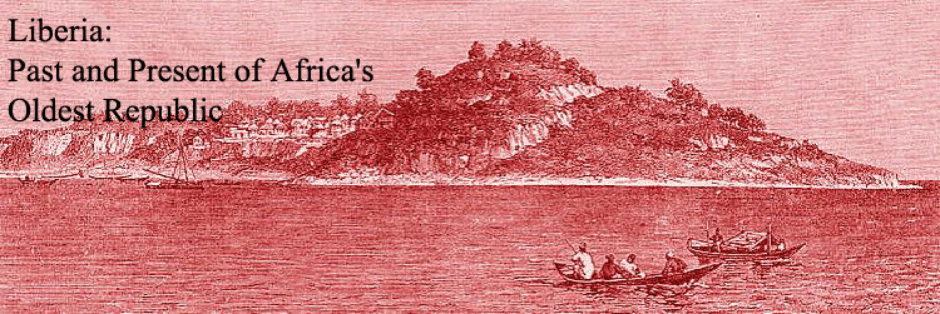Saturday, March 28
It was not surprising to read negative comments on the Bridge Loan, provided by the US Government. See this blog, March 19.
A bridge loan may carry an interest rate between 12- 15 percent. As you may recall, the US became Liberia’s new creditor for the US $ 900 million (rounded figures) previously owned to the International Monetary Fund.
Thursday, March 26
The love-hate relationship between Liberia and Firestone will never end. Though Firestone is no longer an American-owned company – it’s Japan-owned – it is hard to think of Liberia without Firestone. And maybe that is not a bad thing!
Today I read that the amended and restated concession agreement between the Liberian government and Firestone Liberia Inc. was ratified by the House of Representatives (- more on the Liberian House of Representatives in my future blogs). One of the agreed articles of the recent agreement implies that Firestone-Liberia shall pay annually to Liberia a surface rental equal to US$2.00 per acre for a total of 118,999 acres including an annual income of US$237,980.00.
With the downfall of the US dollar it is a limited success for the government of President Ellen Johnson Sirleaf. But more important is: what else has been agreed upon? And I mean structural agreements, not annual scholarships or contributions to education and training, how important this may be on an individuel basis. What are Firestone’s future tax obligations? Contributions to national research activities? Research is the key to the future!
Monday, March 24
Oh, astonishing Liberia! Although belatedly, today I read an extremely interesting CNN report on pygmy hippos in the Sapo National Park in South-West Liberia. The pygmy hippo is one of the most elusive and secretive large mammals on our planet. Pygmy hippos are much smaller in size and spend more time on land than their giant relatives, where they feed on leaves and other swamp vegetation. The animals survive in isolated pockets in rivers and swamps in the dense west African forests of countries including Liberia. The pygmy hippo (hexaprotodon liberiensis) is classified on the IUCN Red List as endangered, with its rapid decline put down to habitat degradation and bushmeat hunting.
The pygmy hippo is rarely seen in the wild. However, experts from the Zoological Society of London (ZSL) set up special hidden cameras in Liberia’s only national park – the Sapo National Park – and the first images of the wild pygmy hippos were recorded within the first three days. The ZSL team set up the extensive monitoring of Sapo National Park to try to discover how much the hippo had suffered from Liberia’s brutal civil wars. The team of British conservationists were astonished to discover the wild pygmy hippo had not been wiped out by the fighting as previously thought.
The Sapo National Park is located in Sinoe County, Liberia. It is the country’s largest protected area of rainforest and its only national park, and contains the second-largest tropical rainforest in West Africa after Taï National Park in neighbouring Côte d’Ivoire. The Sapo National Park is located in the Upper Guinean forest ecosystem, a biodiversity hotspot that has “the highest mammal species diversity of any region in the world”, according to various sources.
Sapo National Park can be called a unique place. It hosts about 125 mammal species and almost 600 types of birds, including a numbered of threatened species. Prior to the formal designation of Sapo National Park in 1983 there had been no systematic study of chimpanzee populations in Liberia. Since then, various surveys have confirmed the existence of the common chimpanzee (Pan troglodytes) in Sapo National Park, located primarily in the park’s center and western areas, with estimates of the population ranging from 500 to 1,640. Seven species of duiker antilopes are found in Sapo National Park.
Though human settlements and commercial activities such as agriculture and logging are prohibited in the park, pouching and illegal logging do occur. One of the allegations refer to illegal logging activities of the Oriental Logging Company, linked to its Chairman, the Dutch businessman Gus Kouwenhoven, and his business affiliate, then President Charles Taylor.
